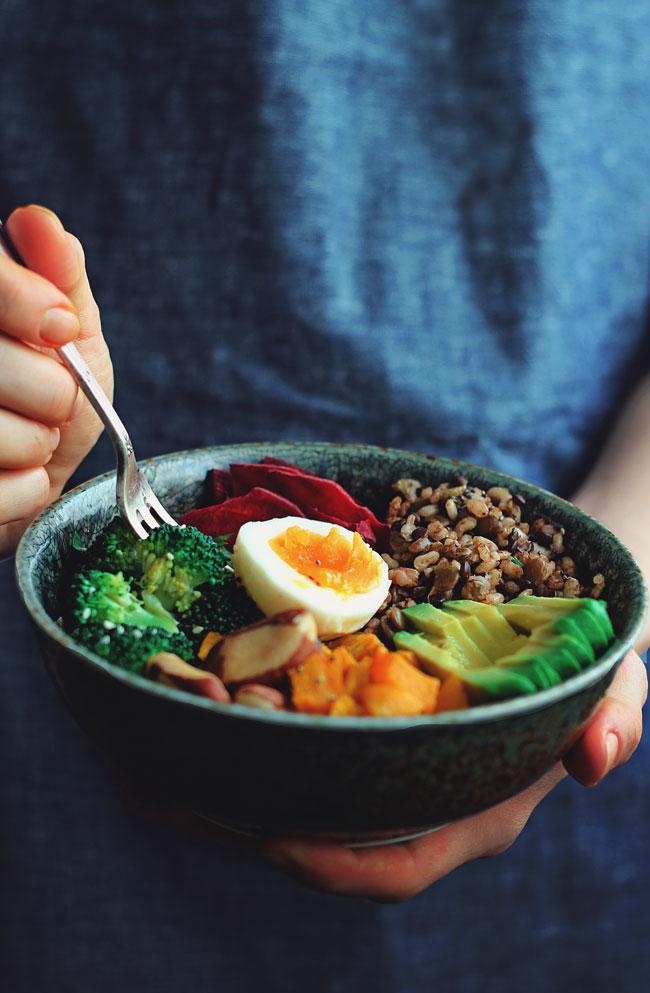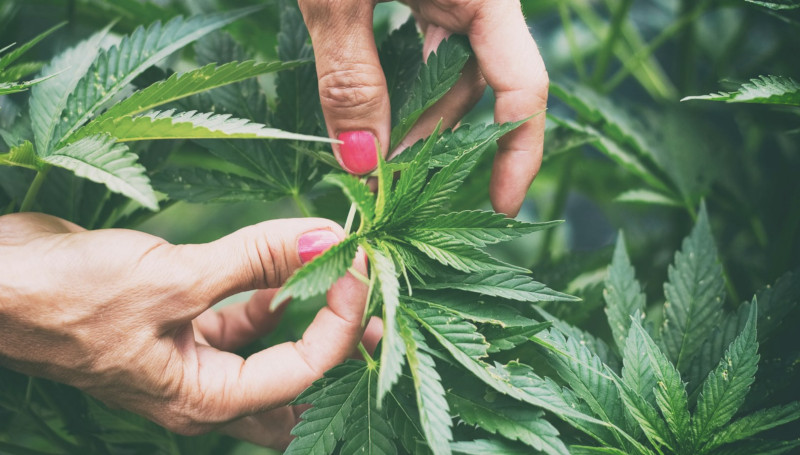
Self-Care Strategies That Promote Positive Mental Well-Being
by Counseling and Wellness Center of PittsburghJuly 30, 2019 self care, self care strategies for mental wellbeing0 comments
Self-Care Strategies That Promote Positive Mental Well-Being
It’s safe to say most of us would rather be happy than unhappy. However, sometimes it’s easy to roll through life allowing your attitude to be shaped, rather than taking steps to increase your own happiness. With that in mind, read on for key self-care strategies you can add to...Learn More
What is an Anti-Diet Dietitian
by Counseling and Wellness Center of PittsburghJuly 16, 2019 dietitian nutritionist near me, what is an anti diet dietitian0 comments
First let’s talk about what being a dietitian is before what address what being an anti diet dietitian is…. A Registered Dietitian is a food and nutrition expert that has undergone rigorous education. This includes a bachelors or masters degree in an accredited program, about one year of supervised practice, and completion of the national examination. A nutritionist is not a protected title...Learn More
8 Signs that Your Relationship will Lead to Marriage
by Counseling and Wellness Center of PittsburghJuly 12, 2019 conversations for couples, counseling near me, how to tell that your relationship will lead to marriage, marriage and family statistics, premarital counseling near me0 comments
According to the US National Bureau of Family and Marriage Statistics, in 2017 there were 130 million married couples living in the US. Still, not every relationship is going to make it to the altar, it is even true that not every healthy or compatible relationship will have long term potential. The issue is that everyone is looking for something a little different to inspire them to settle...Learn More
Why its important to take care of your mental health
by Counseling and Wellness Center of PittsburghJuly 10, 2019 why its important to take care of your mental health0 comments
This Is Why its important to take care of your mental health
By: Melissa Howard
One in five American adults experiences some form of a mental disorder each year, yet only 25 percent feel that others show them any compassion due to the negative stereotypes often associated with mental health disorders. Sadly, this can prevent individuals from getting proper treatment, or disclosing their...Learn More
Rituals reduce stress, enhance performance, 5 rituals you should try for transformation
by Counseling and Wellness Center of PittsburghJuly 8, 2019 meaning of rituals, rituals for self care, rituals for tranformation, rituals to reduce stress0 comments
Rituals, reducing stress and adding joyful meaning to life
5 Rituals You Should Try For transformation and wellness
Ever wonder why Michael Jordan wore his North Carolina shorts under his Chicago Bulls shorts every game? Rituals have enormous power to sooth and inspire as well as bring back balance to mental health by reducing anxiety and increasing confidence. According to the National...Learn More
CBD all the buzz… How Can CBD increase health and wellness?
by Counseling and Wellness Center of PittsburghJuly 4, 2019 cbd, cbd pittsburgh, hemp, herbalism, herbalist pittsburgh, holistic medicine0 comments
Cannabidiols or CBD, are currently gaining a lot of traction in the health and wellness world. From grandmothers to beloved pets, many are jumping on board to see how CBD can enhance their health. According to the World Health Organization, ‘there are no known harmful side effects from taking CBD.’ Some people do report a feeling of drowsiness so there may be implications for operating heavy...Learn More
